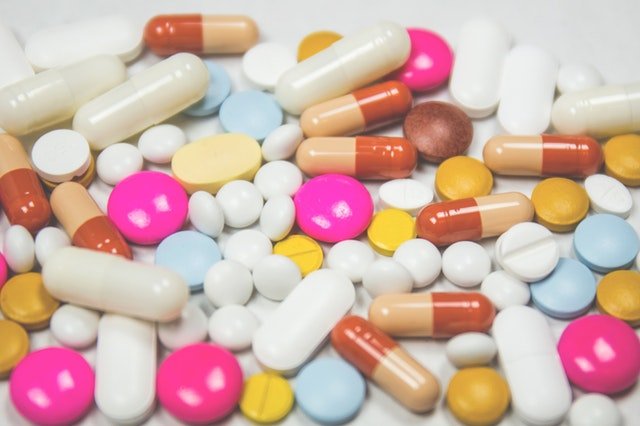
More than 15 million Americans suffering from heartburn, ulcers and acid reflux have prescriptions for proton pump inhibitors (PPIs), which bring relief by reducing gastric acid.
Many millions more purchase the drugs over-the-counter and take them without being under a doctor’s care.
In a recent study, researchers find that popular heartburn drugs for a long time may lead to serious kidney problems, including kidney failure.
The sudden onset of kidney problems is often seen as a red flag for doctors to stop their patients’ use of PPIs.
PPIs are sold under the brand names Prevacid, Prilosec, Nexium and Protonix, among others.
In the study, the researchers analyzed data from 125,596 new users of PPIs and 18,436 new users of other heartburn drugs referred to as H2 blockers.
Over five years of follow up, they found that more than half of patients who develop chronic kidney damage while taking the PPIs don’t experience acute kidney problems beforehand.
Acute kidney problems include too little urine leaving the body, fatigue and swelling in the legs and ankles.
This means patients may not be aware of a decline in their kidney function.
Among the new users of H2 blockers, 7.67% developed chronic kidney disease in the absence of acute kidney problems, and 1.27% developed end-stage renal disease.
End-stage renal disease happens when the kidneys can no longer effectively remove waste from the body. In such cases, dialysis or a kidney transplant is needed to keep patients alive.
Therefore, the researchers suggest that people who take heartburn drugs, and their doctors, should be more vigilant in monitoring use of these medications.
The researchers said:
“Our results indicate kidney problems can develop silently and gradually over time, eroding kidney function and leading to long-term kidney damage or even renal failure.”
“Patients should be cautioned to tell their doctors if they’re taking PPIs and only use the drugs when necessary.”
“Doctors must pay careful attention to kidney function in their patients who use PPIs, even when there are no signs of problems.”
“In general, we always advise clinicians to evaluate whether PPI use is medically necessary in the first place because the drugs carry significant risks, including a deterioration of kidney function.”
The study is published in Kidney International.
Copyright © 2018 Knowridge Science Report. All rights reserved.



